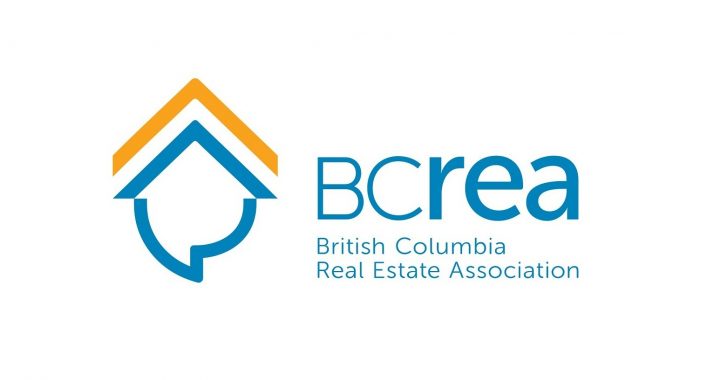
If a property owner or buyer encounters a discriminating covenant in land title records, it can be a shocking surprise. Discriminating covenants are clauses that restrict the sale, ownership, occupation or use of land on the basis of sex, race, creed, colour, nationality, ancestry or place of origin of a person, and reflect a different cultural reality from our province’s history. In spite of several efforts to amend these records over the past 40 years, they are still periodically found on title for certain residential properties in British Columbia. But are these clauses legitimate? Why do these covenants still appear? And what can be done to change them?
First, it’s important to know that these covenants are not enforceable. Enacted in 1978, Section 222 of the Land Title Act operates against any registered covenant that directly or indirectly has a discriminating effect, whenever registered and in whatever form created. In short, discriminating covenants are void and have no effect.
Discriminating clauses appear most often in land title records from the first half of the 20th century. In some cases they appeared to be a standard covenant for all properties in a particular development, as was the case for the British Properties in West Vancouver. They can also occur more randomly, added to the records for one land parcel but not an adjacent one. These clauses are an artifact from our racist heritage and, with your help, the Land Title and Survey Authority of British Columbia (LTSA) can act to make it clear that these restrictions are invalid.
If your client would like to amend the covenant document to cancel the offensive covenant, please notify the Registrar of Land Titles. In most cases, restrictive covenants contain other provisions that are still valid, so the Registrar will make an endorsement by the offensive covenant indicating it has been cancelled pursuant to s.222 of the Land Title Act. Because the Registrar is prohibited under the Land Title Act from erasing or rendering illegible the original words on a record, the words are struck through so that it is more apparent on the face of a record that the discriminating language is void. The LTSA published Practice Note 01-15, which outlines in more detail how discriminating covenants are treated. There is no cost for this amendment.
Over the decades, a number of initiatives have been undertaken to identify and amend documents that contain discriminating covenants. The Land Title Office did a significant amount of work after section 222 was enacted in 1978 to identify restrictive covenants and add an endorsement on title to draw attention to the clauses that were void. Due to the technological limitations of the time, microfilm records were not altered but now, modern digitization provides an opportunity for these records to be amended to reflect today’s laws and values.
The effort to identify documents with discriminating clauses is ongoing. There are millions of documents in the LTSA vaults in the form of microfilm, bound book volumes, survey plans and other paper and digitized documents. The LTSA relies on the assistance of property owners, local governments, and other property professionals to help identify the land title records that need to comprehensively reflect that any discriminating covenant is void. Some municipalities, including the City of Vancouver and the District of West Vancouver, have begun initiatives to explore the feasibility of striking any remaining covenants from properties within their jurisdictions. More broadly, some community members are proposing that legislative changes be introduced to enable these covenants to be erased entirely; many voices have an opportunity to be heard in this ongoing dialogue.
If you have any questions about discriminating covenants or would like to request an endorsement be made on an existing land title record, please contact us. For more information about historic land title records in the LTSA’s care, visit ltsa.ca/about-ltsa/historic-records.
Copyright BCREA July 14, 2020
